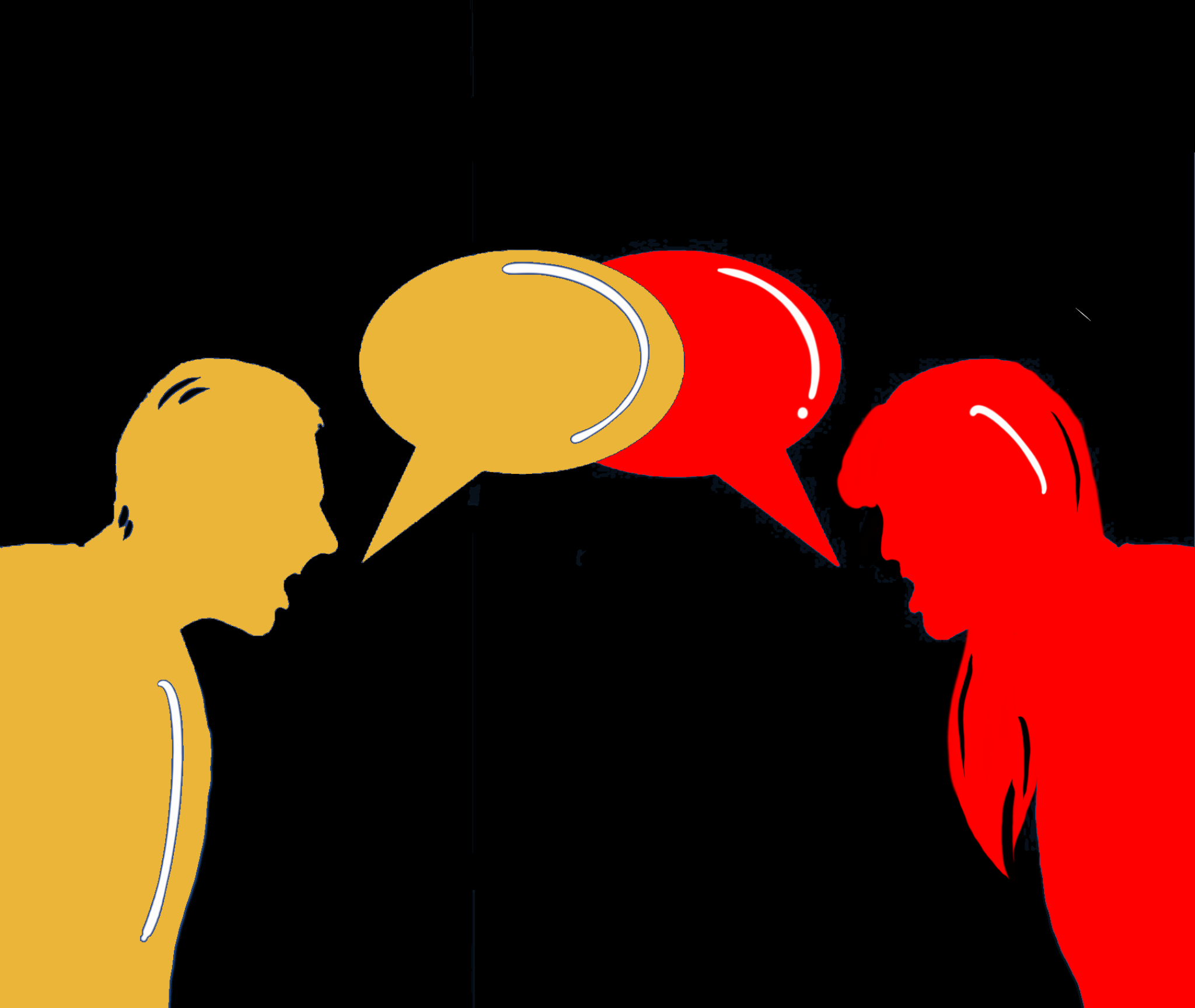With so many controversial issues across the globe, it is of utmost importance that teachers be equipped to handle controversy and debate in the classroom. While many argue that school should be a place of complete objectivity, controversial issues will inevitably be brought up. In order to explore controversial topics while minimizing harm, Berkeley High School teachers must undergo controversy training.
Firstly, it is necessary to understand why teaching controversial topics is so important. Addressing divisive issues is a critical part of education because it prepares students for active participation in society. Students will be living and participating in a controversial society, and it is important for them to have experience engaging respectfully with controversial issues.
Many teachers worry that bringing up controversy will lead to inevitable conflict between students or reproach from administrators and parents. Because of this, many teachers ignore controversial issues completely. In a study on how different teachers handle controversy, USF education professor Judy Pace found that new teachers struggled the most with handling controversy. Her research showed that newer teachers held extreme anxiety about controversy and tended to avoid bringing up any type of debate in the classroom. Furthermore, more than nine in every 10 teachers nationwide say they have never brought up or acknowledged critical race theory due to the fear of pushback. Controversial issues are so intertwined with conflict, pushback, and fear, that many opt to simply turn their shoulders on them.
This avoidance and fear of controversy can be addressed with controversy training. Controversy training consists of different workshops and classes teachers can take to learn how to deal with controversial issues at school. Controversy training helps teachers to establish clear ground rules about what will and will not be tolerated during discussions, as well as outline consequences. With controversy training, teachers learn how to handle heated topics with respect and care. By modeling correct behavior, teachers increase the chance of students doing the same. Controversy training also improves the odds of the discussion staying relevant in class. Trained teachers can better distinguish between a relevant discussion and an overwhelming debate. Lastly, controversy training is also useful in moderating students’ strong emotions into productive dialogue. Trained teachers would be able to honor disagreements while teaching students to not attack each other personally.
Controversy training would also allow teachers to come together and create a rulebook on how to handle controversial topics. This rulebook would be a safety blanket for teachers, allowing them to explore controversial topics with less fear. “Oftentimes, teachers are expected to come to school and be able to weather everything,” said Hillary Fong, a Universal 9th grade Ethnic Studies teacher. “We would be much better off if we had a level of standardization on how to approach controversial issues,” she said. “If we had controversy training, we could respond as a group to whatever pushback we received.”
The benefits of controversy training also extend to students. “It’s important for students to trust the person who is delivering the information,” Fong said. “If teachers are trained to handle controversial topics, the information will be more digestible and more objective,” she said. “It’s also very important for students not to feel a sense of pressure from their teacher,” Fong continued. “They should never feel the need to think the same way their teacher does.”
Trained teachers would teach in a way that better reflects the world that students are living in. Rather than the classroom being separated from the real world, it would reflect the events going on. Teachers would also be better able to keep the discussions connected to class material. Rather than a class on controversial events, teachers would use current conflicts to investigate the concepts covered in the class.
There is so much to gain from controversy training for teachers, and it is truly essential to the teaching of controversial topics. Controversy training is an imperative step in acknowledging issues, all while minimizing negativity. Controversy training would protect teachers, allowing them to lead more informative and respectful discussions in class, and create space for more of these discussions to occur.





